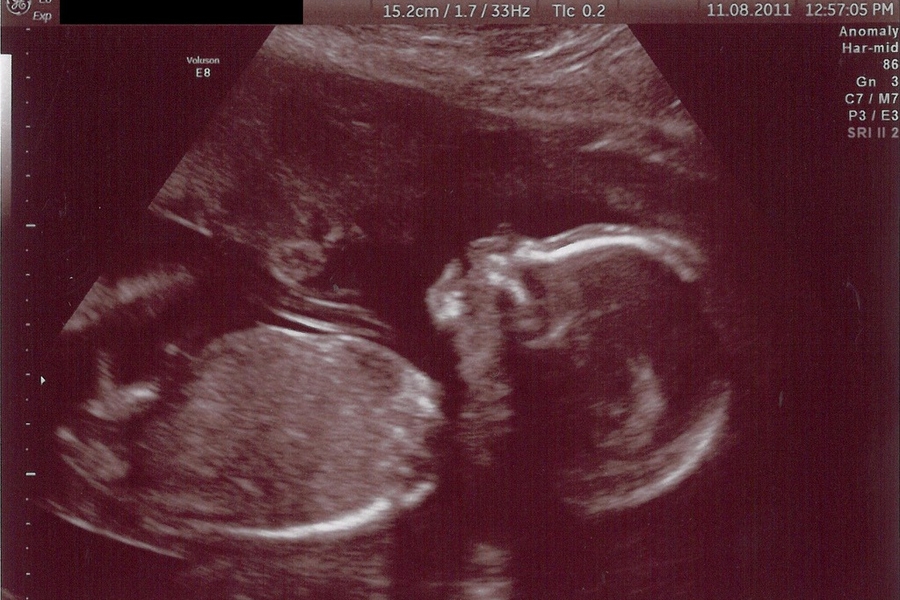
Scans Recommended For Every Mom During Third Trimester
15 Mar 2018 | 3 min Read
Babychakra
Author | 1369 Articles
Scans during third trimester
This include imaging tests done from week 27 – 37 or up to the end of pregnancy. Your gynaecologist will recommend you to undergo these tests to ensure the baby’s as well as your wellbeing. These tests are completely safe for both you and the baby and a must-do.
The most common scans during third trimester are listed below.
Ultrasound examinations
A 3rd-trimester ultrasound is a test that uses high-frequency sound waves to image the developing baby as well as the mother’s internal organs. The average number of ultrasounds varies with each pregnancy. An ultrasound, also called a sonogram, helps monitor normal fetal development and screen for any potential problems. It is also used as a tool to assess the growth of the baby and thus termed as the growth scan sometimes. It checks for parameters like the crown-rump length, head circumference, etc. of the baby inside.
Electronic foetal heart rate monitoring
Electronic foetal heart rate monitoring is one of the 3rd trimester scans done to confirm that the baby is healthy. It checks for the heart rate and beating of the baby’s heart. This type of monitoring is also done during pregnancy, labour, and delivery. It can be done any time after the 20th week of gestation during prenatal checkups.
Non-stress test
The non-stress test (NST) is one of the third-trimester scans performed in pregnancies over 28 weeks gestation. The test is done to assess if the baby is receiving adequate oxygen, to check for fetal activity, and heart rate. The NST involves a fetal monitor strapped to the mother’s abdomen to measure the baby’s heart rate as it moves. It is called “non-stress” because no stress is placed on the fetus for the test. An NST may be ordered if you feel the baby is not making normal movements, if you are past your due date, or if your doctor wants to ensure that the placenta is healthy and functioning well. The NST is completely safe for both the mother and baby.
Contraction stress test
A contraction stress test (CST), like the NST, measures fetal heart rate. However, in this test, the baby’s heart rate is measured in response to uterine contractions. It is also called a stress test or an oxytocin challenge test. Normally, the flow of blood to the placenta slows down during contractions, but if the placenta is functioning well, the baby’s heart rate remains stable. If there is poor functioning of the placenta, the baby’s heart rate will temporarily slow after a contraction. This test is not performed as commonly as the NST or biophysical profile. Your doctor will prescribe it only if he suspects a disorder.
Amniocentesis
Amniocentesis is a procedure in which the amniotic fluid is sampled using a needle inserted into the uterus, to screen for abnormalities in the developing foetus. This is usually done to determine whether a baby has certain genetic disorders or a chromosomal abnormality, such as Down’s syndrome. It is usually done under ultrasound guidance to ensure that the needle enters the womb safely.
Your gynaecologist is the best person to decide what other blood test or third trimester scan you should undergo, based on your general health status and the advancement of pregnancy.
Also Read: An Ultrasound Scan Report: A Treasure Box Of Information During Pregnancy
A


Related Topics for you
Suggestions offered by doctors on BabyChakra are of advisory nature i.e., for educational and informational purposes only. Content posted on, created for, or compiled by BabyChakra is not intended or designed to replace your doctor's independent judgment about any symptom, condition, or the appropriateness or risks of a procedure or treatment for a given person.
